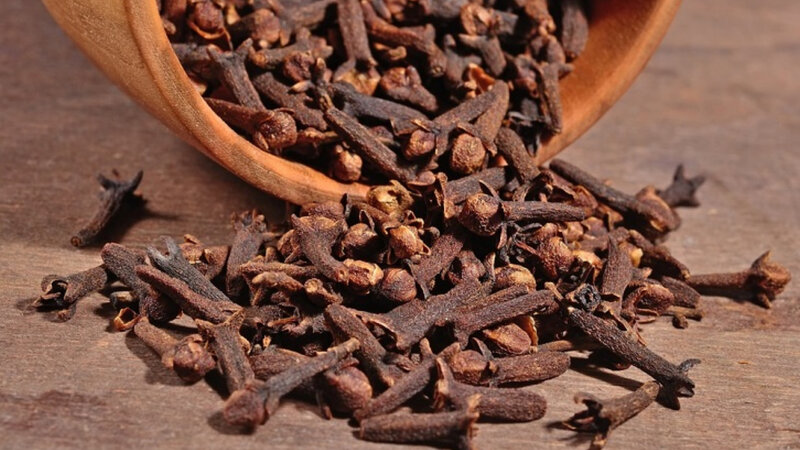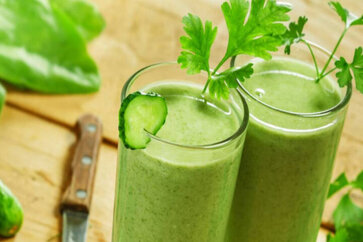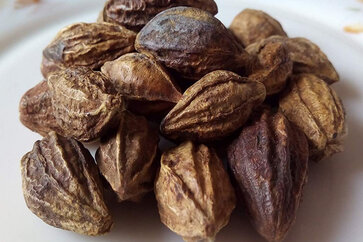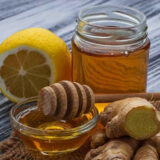How Can I Get Vitamins Naturally?
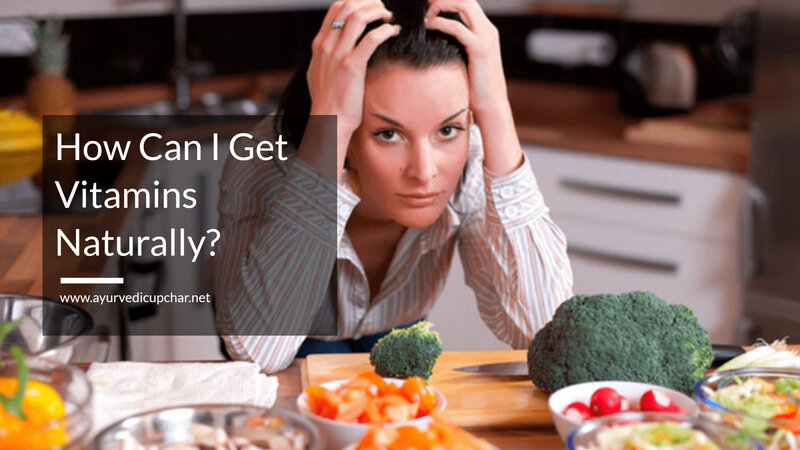 Sometimes it is not known which foods with vitamins have to be consumed so that the body stays healthy and protected from diseases. We have found some of the most common, which should not be missing in any pantry.
Sometimes it is not known which foods with vitamins have to be consumed so that the body stays healthy and protected from diseases. We have found some of the most common, which should not be missing in any pantry.
Vitamins and minerals are as essential to life as air and water. Not only do they keep the body healthy, but they protect it from disease. And, although they can be obtained through dietary supplements, it is true that they cannot match the biologically active compounds that are abundant in food.
What Are The Difference Between Vitamins & Minerals?
Although they are sometimes confused, vitamins and minerals are quite different. Vitamins are organic substances produced by plants or animals. They are often called “essential” because they are not synthesized in the body (except for vitamin D) and therefore must come from food.
Where Minerals are inorganic elements that originate in rocks, soil, or water. However, you can absorb them indirectly from the environment or from an animal that has eaten a particular plant.
Two Types Of Vitamins
Vitamins are divided into two categories: water-soluble, which means that the body expels what it does not absorb, and fat-soluble, where the excess amounts are stored in the liver and fatty tissues as reserves.
The water-soluble vitamins are the eight B vitamins (B-1, B-2, B-3, B-5, B-6, B-7, B-9, and B-12) and vitamin C. Vitamins are Fat-soluble or fat-soluble are A, D, E, and K.
Food The Main Sources Of Vitamins
As we have learned above, the greatest source of vitamins is food. That is, to ensure a variety of these substances and in the appropriate amounts, it is best to adopt a healthy and balanced diet. This implies an emphasis on fruits and vegetables, whole grains, legumes, low-fat proteins, and dairy products.
The most common foods contain multiple sources of minerals and vitamins, making it really easy to meet daily needs
In this regard, it is necessary to point out that the most common foods contain multiple sources of minerals and vitamins, making it really easy to meet daily needs.
These are some of the best foods with vitamins and minerals, listed in the Harvard Medical School Special Health Report.
1. Foods with vitamin A
Vitamin A is a fat-soluble nutrient. It helps your body build healthy teeth, bones, soft tissues, and skin. It can also help you prevent bacterial and viral infections, prevent night blindness, and keep your hair and nails healthy.
Foods that are particularly high in vitamin A include avocados, carrots, sweet potatoes, squash, apricots, spinach, red pepper, kale, and collard greens. Some spices are also rich in this substance such as paprika, cayenne pepper, and chili powder.
2. Foods with vitamin B
The B6, B12, and B9 vitamins are essential for nerve function properly, DNA synthesis, and the formation of red blood cells in your body. They also help maintain brain function, prevent anemia, and support metabolism.
Foods that are particularly rich in vitamins B6 and B12 include meat, poultry, fish, shellfish, including mussels and oysters; eggs, and milk.
Foods that are particularly high in B9 or folic acid include green leafy vegetables and poultry. Some breakfast cereals, fruit juices, and other products contain large amounts of folic acid.
3. Foods with vitamin C
Vitamin C is also known as ascorbic acid. It is a powerful antioxidant that helps protect the health of your cells. Improves your body’s absorption of iron. It is also important for promoting healthy teeth and gums, healing wounds, and helping you resist infection.
Foods that contain large amounts of vitamin C include papaya, citrus fruits, strawberries, bell peppers, broccoli, Brussels sprouts, dark leafy greens such as kale, mustard greens, and Swiss chard.
4. Foods with vitamin D
Vitamin D is a unique vitamin. In addition to being able to absorb it from the food that is consumed, it can be synthesized from sunlight. It is essential for the health of bones and the immune system, as well as for the absorption of calcium.
According to the National Cancer Institute (United States), it can also help reduce the risk of developing colorectal cancer. Although sunlight is by far the richest source of vitamin D, foods that also provide this substance include some shellfish, salmon, herring, canned sardines, trout, oysters, milk, eggs, and mushrooms.
5. Foods with vitamin E
Like vitamin C, vitamin E is a powerful antioxidant. Helps protect your cells from damage. It also helps your body use vitamin K and repair muscle cells. Foods that contain vitamin E include sunflower seeds, avocados, almonds, spinach, chard, bell peppers, and asparagus.
6. Foods with vitamin K
Vitamin K is essential for the formation of blood clots in the body. Without it, a person could bleed to death with a simple cut. It can also help keep bones in good shape in adults.
Foods that are particularly high in vitamin K include kale, spinach, collard greens, chard, mustard greens, romaine lettuce, parsley, Brussels sprouts, broccoli, and asparagus.
Some Tips For Taking These Vitamin Foods
It is not that difficult to include some of these foods in our daily diet. For example, finely grated carrots or zucchini can be added to pasta sauce, meatloaf, or stew for an extra serving of vegetables.
Also, you can get hummus or other paste to spread or make guacamole with avocados, sauces with diced tomatoes and onions, or a simple sandwich with spinach leaves, tomatoes, and a slice of cheese.

